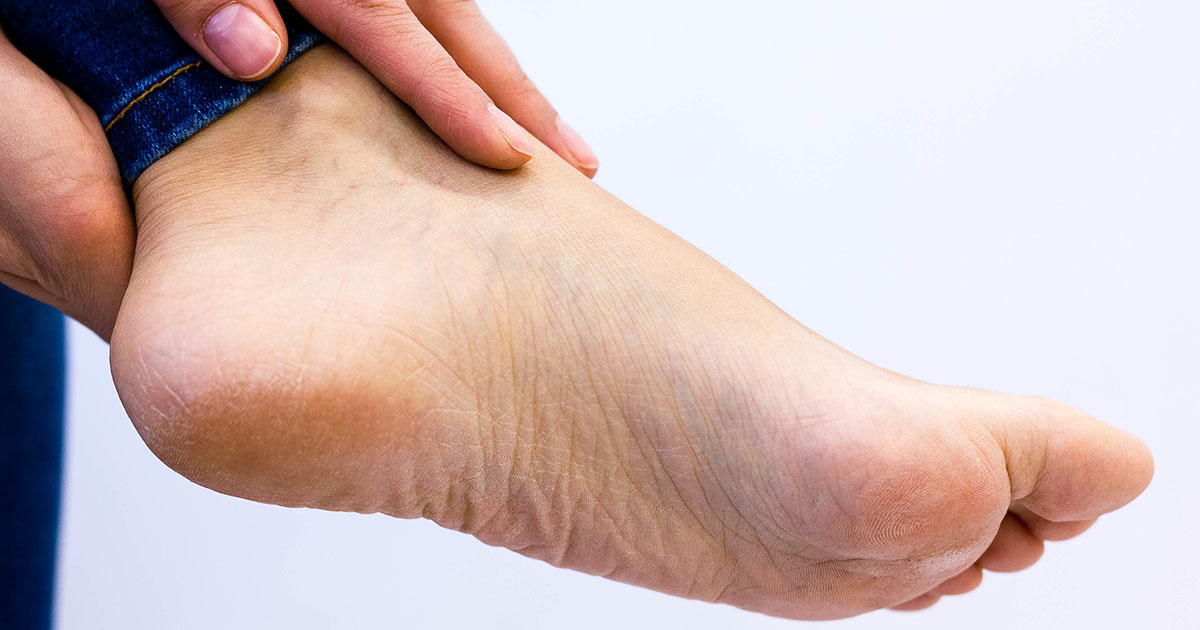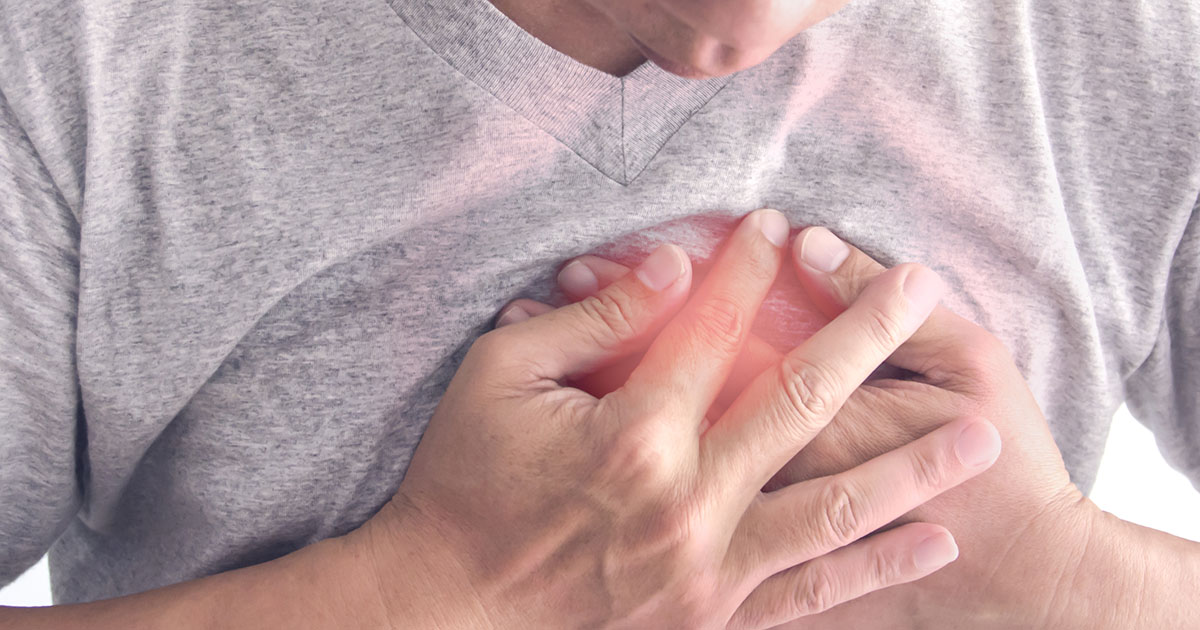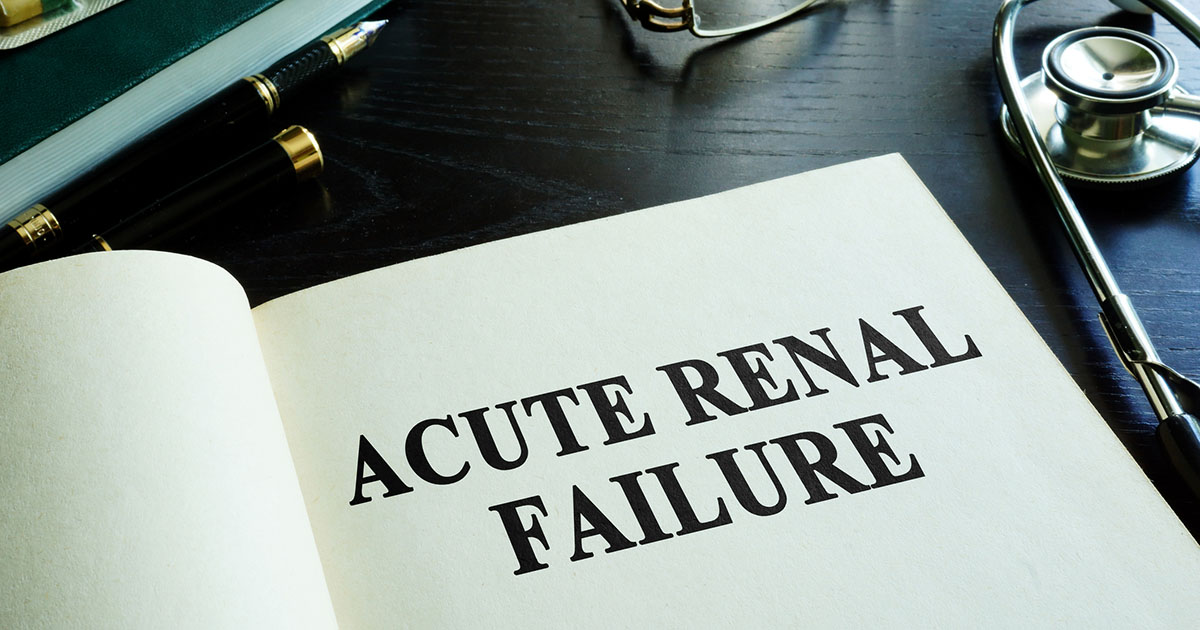Acute Renal Failure Symptoms And Causes
Acute kidney failure, also known as acute renal failure or acute kidney injury, occurs when the kidneys are unable to filter waste that comes from blood. The kidneys are a vital organ within the body as they support the body’s elimination of waste, filter blood, and allow human beings to naturally balance their bodily fluids, form and excrete urine, as well as other vital bodily functions. When the kidneys lose their filtering ability, dangerous and sometimes fatal levels of waste accumulates within the body and develops rapidly over a few hours or days. In the United States alone, just over 100,000 individuals are on the organ transplant waiting list hoping to receive a replacement kidney before their symptoms worsen.
Reduced Urine Output

Medically known as oliguria, reduced urine output is the first sign something may be wrong with the kidneys or other internal organs. Although reduced urination is the most common change regarding urine, it is important to be aware of other signs as well, including blood in the urine, dark-colored urine, foamy urine, or pressure when urinating. When patients cannot urinate, they will typically begin diuretic treatments. Although drugs are available, there are plenty of natural diuretics individuals can obtain from local supermarkets or health stores. Some of the best options include parsley, green tea, hibiscus, Hawthorne, juniper, and dandelion, which help the body excrete excess fluid and salt.
Fluid Retention

When the kidneys begin to fail, they cannot remove excessive fluid, and as a result, the body swells in certain areas such as the ankles, feet, face, legs, and hands. An individual may experience a puffy face or notice they have issues when trying to put their shoes on, which are noticeable signs patients need to be aware of. To reduce the swelling in the affected areas, experts recommended patients reduce their salt intake, which includes table salt and all processed foods. When dealing with fluid retention, individuals should also try to increase their magnesium, potassium, and vitamin B6 levels through supplements or foods to reduce water retention. These nutrients can be found in nuts such as walnuts, dark leafy greens such as spinach and kale, whole grains, bananas, tomatoes, and avocados.
Drowsiness And Fatigue

There are many different reasons a patient may experience fatigue or excessive drowsiness. One of the most common causes of fatigue is anemia, which is related to the kidneys, as they produce a hormone known as erythropoietin (EPO), which encourages the bone marrow to produce oxygen-rich red blood cells. As the kidneys begin to fail, they make less of this hormone, resulting in the bone marrow making fewer red blood cells, causing anemia and less oxygen being able to reach muscles and the brain. Luckily, this common symptom can be treated.
One of the first strategies to implement is increasing a patient’s intake of iron, which will improve hemoglobin levels and restore the kidneys to functioning in a somewhat normal manner. Vitamin B12 and folic acid are also essential and should be consumed through vitamin-rich foods including leafy greens such as broccoli, spinach, and kale, animal sources such as eggs, dairy, and meat, and fruits such as oranges, apples, and strawberries. For patients who experience dangerously low hemoglobin levels, a red blood cell transfusion may be required.
Nausea

If an individual’s kidneys are not removing waste, this results in a buildup of toxins and waste products within the blood. For many patients, this results in them experiencing nausea and vomiting. As nausea worsens, many patients lose their appetite and begin to lose weight rather quickly. It is believed high urea nitrogen is the root cause of nausea, and controlling these levels are critical.
It is recommended patients limit their protein intake considering urea protein is the result of high levels of protein within the body that leads to blood urea nitrogen (BUN), resulting in nausea. Since the human body requires protein, it is suggested patients reduce protein sources that provide little nutritional benefit, such as processed meats, and consume more fish, chicken, and other lean protein sources, as well as nuts, seeds, and eggs.
Shortness Of Breath

Patients with acute renal failure have reported they often feel winded after completing simple tasks and experience persistent shortness of breath. This is related to how the kidneys function in multiple ways, such as excessive fluid circulating throughout the body that builds up in the lungs. Secondly, anemia leaves the body oxygen-starved due to lower production of oxygen-rich red blood cells and can leave a patient feeling constantly winded. Shortness of breath due to swelling can also occur, and patients are encouraged to limit their fluid intake. However, this mainly depends on each individual case. Consuming an alkaline can help, which encourages individuals to eat fresh fruits and vegetables and to avoid meat, poultry, cheese, and grains to create a higher pH balance within the body, which could reduce the shortness of breath a patient may experience.
Chest Pain And Pressure

Once a patient has reached the unfortunate stage of developing kidney failure, they may experience chest pain and pressure as one of their symptoms. This symptom can lead to further complications down the road, such as the patient developing heart disease. The chest pain a patient experiences is often due to the heart not pumping blood as well as it should due to a buildup of plaque in the walls of the blood vessels, a blood clot blocking the flow of blood to the heart, and even a heart attack, resulting in heart damage caused by a lack of blood and oxygen to the heart.
A buildup of plaque is often what causes chest pain, as it blocks blood flow and affects the lining of the heart, due to the kidneys no longer functioning adequately and filtering blood throughout the body as it should. Foods associated with a healthy heart and that encourage proper blood flow include oranges, garlic, kale, dark chocolate, red wine, sardines, almonds, and lentils.
What Causes Acute Renal Failure?

Acute renal failure can occur when the patient has a preexisting condition reducing blood flow to the kidneys, has experienced direct damage to the kidneys, or if the kidneys’ urine drainage tubes, known as ureters, become blocked and cannot expel waste through urination. Typical reasons why there is a decrease in blood flow to the kidneys include blood or fluid loss, blood pressure medications, a heart attack, heart disease, liver failure, or an infection, the use of pain medications such as ibuprofen, naproxen and other related drugs, a severe allergic reaction, severe burns, or severe dehydration.
Damage to the kidneys that can lead to kidney failure includes blood clots around the kidneys, cholesterol deposits blocking blood flow, glomerulonephritis, hemolytic uremic syndrome, infection, lupus, certain medications, multiple myeloma, scleroderma, thrombotic thrombocytopenic purpura, toxins such as drugs and alcohol, and vasculitis. Urine blockage in the kidneys can be caused by bladder cancer, blood clots in the urinary tract, cervical cancer, colon cancer, an enlarged prostate, kidney stones, nerve damage of the bladder, and prostate cancer.
Risk Factors For Developing Kidney Failure

Acute kidney failure is usually connected to other medical conditions or events a patient may presently have. Conditions that can increase an individual’s risk of kidney failure include being hospitalized, especially for a critical illness requiring an intensive stay, patients over the age of sixty-five, and blockages in the blood vessels in the arms or legs, known as peripheral artery disease. Other risk factors for individuals include if they have a family medical history or have diabetes, high blood pressure, kidney diseases, liver diseases, and if they are prone or have ever experienced heart failure. Acute renal failure can also affect individuals who have a compromised immune system as well, but can also target perfectly healthy individuals.
